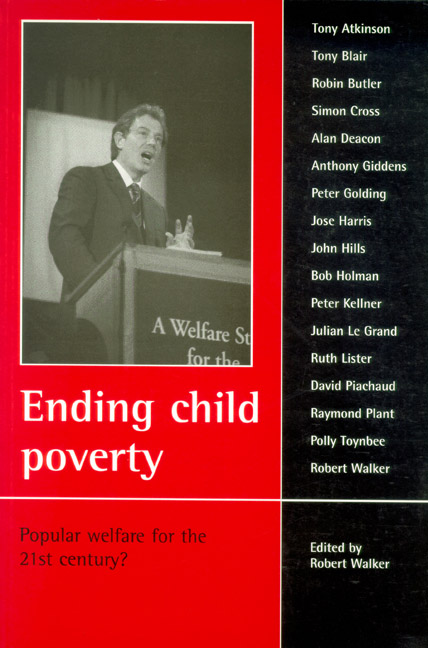7 - Social justice
Published online by Cambridge University Press: 05 July 2022
Summary
Context
It might be useful to situate this Lecture initially in Beveridge’s own context. The Prime Minister has been anxious to unite again the tradition of ‘Social’ or ‘New’ Liberalism and Social Democracy. Beveridge was a New Liberal – so what did this imply? Well one thing that it implied was a concern for social justice and a rejection of endorsement of untrammelled market forces characteristic of classical liberalism. New Liberal politics in the late Victorian and early Edwardian era rejected the view of the free market economy and the ‘night watchman’ state of classical liberal theory. Central to this change was that they adopted a more complex view of freedom than did classical liberals. Classical liberals believed that freedom was negative: the absence of intentional coercion – it did not imply the possession or resources and opportunities. The role of the state was to enforce contracts and mutual non-interference. New Liberals (eg T.H. Green, Sir H. Jones, Asquith, Haldane, Lloyd George) believed that negative liberty was not enough – there had to be positive freedom – that is to say, access to resources, opportunities and income that would make all into genuine citizens. The locus classicus of the argument is in T.H. Green’s essay ‘Liberal legislation and freedom of contract’ (Green, 1888). On the classical liberal view justice was essentially procedural: the maintenance of the rules of society guaranteeing mutual non-interference (given this restricted view of freedom). For the New Liberal the role of the state was also to secure to individuals the general resources of opportunities needed for freedom in the now more extended sense of the word. So for the New Liberals, of whom Beveridge was one, part of the argument for a greater role for the state was rooted in a different conception of freedom once this became embodied in New Liberal legislation, for example, the Ground Game Act, the Irish Land Bill and culminating in the old age pension legislation of the Asquith government. Such was the change of intellectual environment from classical to New Liberalism. Gladstone, whose roots were in classical liberalism, said in a letter that he was “fundamentally a dead man, fundamentally a Peel and Cobden man” (a dead man because classical liberalism in relation to the economy of the sort advocated by Peel and Cobden had been overtaken by New or Social Liberalism).
- Type
- Chapter
- Information
- Ending Child PovertyPopular Welfare for the 21st Century?, pp. 55 - 64Publisher: Bristol University PressPrint publication year: 1999



